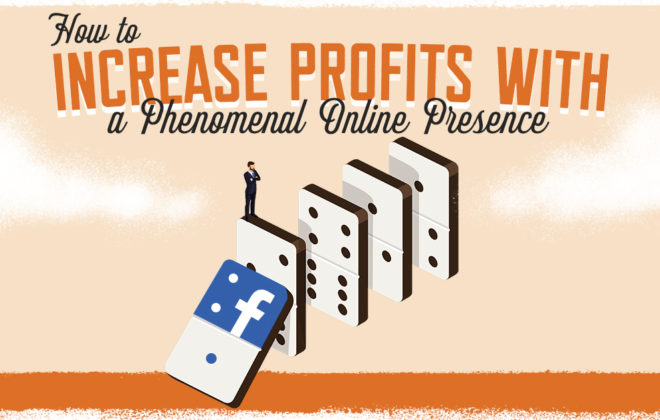
How Apple’s iOS 14 Will Impact Facebook Advertising
If you’ve updated your iPhone to iOS 14, you may have already noticed a popup when opening your Instagram or Facebook apps. In the update, a popup screen asks users if they want that app to track their activity online. Since privacy issues have gotten so much press lately, and with big tech companies in the hotseat about how they use a person’s personal information, the projection is that most people are going to opt out. Given the choice, many users will figure that having their actions on various websites followed is not a good thing.
That’s their choice, but it’s a consequential one for advertisers who depend on Facebook conversion campaigns to gauge and increase interest in the companies and products. Conversion campaigns have given advertisers the best results in the past, but this change will likely negatively affect optimization, targeting, and data reporting.
What Does All Of This Mean?
What we can guess in this early stage is that without permission to track users’ activities online, ads won’t be personalized, and in order to run a successful conversion campaign, we need to see those activities, to see at which point users click on a product, add to cart, and so forth. Knowing what actions people take on your website and on Facebook gives you valuable information, and that is all likely to be impaired post-iOS 14. So be prepared for that data to possibly be a little (or a lot, we’ll see) less useful in the weeks ahead.
It’s true that not everyone visits sites on an iPhone and it’s unclear how this information will affect/apply to PC and Android users. But one thing is absolute — a lot of people do use an iOS device to scroll and buy things.
Facebook and Facebook advertisers are going to be negatively affected by the update when it comes to the optimization process. Being able to see, over time, how people convert based on various variables improves campaigns significantly. Without this tool, that too will be diminished, with results not as great as before. And if users can’t be tracked, that also affects targeting.
Targeting is something most people have recognized before. It’s no coincidence that the camping equipment you Googled about a moment ago suddenly appears in a Facebook ad on your feed. That’s targeting. That happens through a Facebook pixel installed on websites. When you visit them, Facebook can see what you’re in the market for and can then signal ads that target you specifically. If Facebook can’t see those activities, interest targeting is also affected.
Why Would Users Want To Be Targeted?
Because Facebook advertising isn’t going away ― so why not at least have ads appear that might interest them?
This may all seem like doom and gloom for advertisers who depend on Facebook and Instagram to help their companies, but it’s still too soon to tell how Facebook will react to this challenge. Maybe they’ll find a way around it. Maybe the changes will be insignificant in the long run. But for now, in the short run, there are definite challenges here. Be prepared for the data to be not as great as before, for the conversion campaigns to be impaired. But long term, things could be positive as both advertisers and Facebook change approaches to advertising.
Your best bet is to watch and wait while strategizing what your new approach could look like. And try not to panic until enough time has passed to determine how many users did in fact opt-out and how that change affects campaigns. Only time will tell how it all pans out.
How do you think the iOS update will affect you in the coming weeks?
Paul Rakovich
Browse All PostsTell Us Your Goals
Recent Posts
- Google PMax: Get the Most Out of Your Ad Campaigns While Combating Fraud
- Lead Ads Don’t Have to Suck: How to Leverage Them Correctly
- Why More Expensive PPC Ads are Almost Always Worth It
- Unlock the Secrets of Organic CPA: The Ultimate Guide to Cost Per Acquisition
- Secrets We’ve Learned from Years Working with Paid Account Reps at Meta, TikTok, LinkedIn and Google


